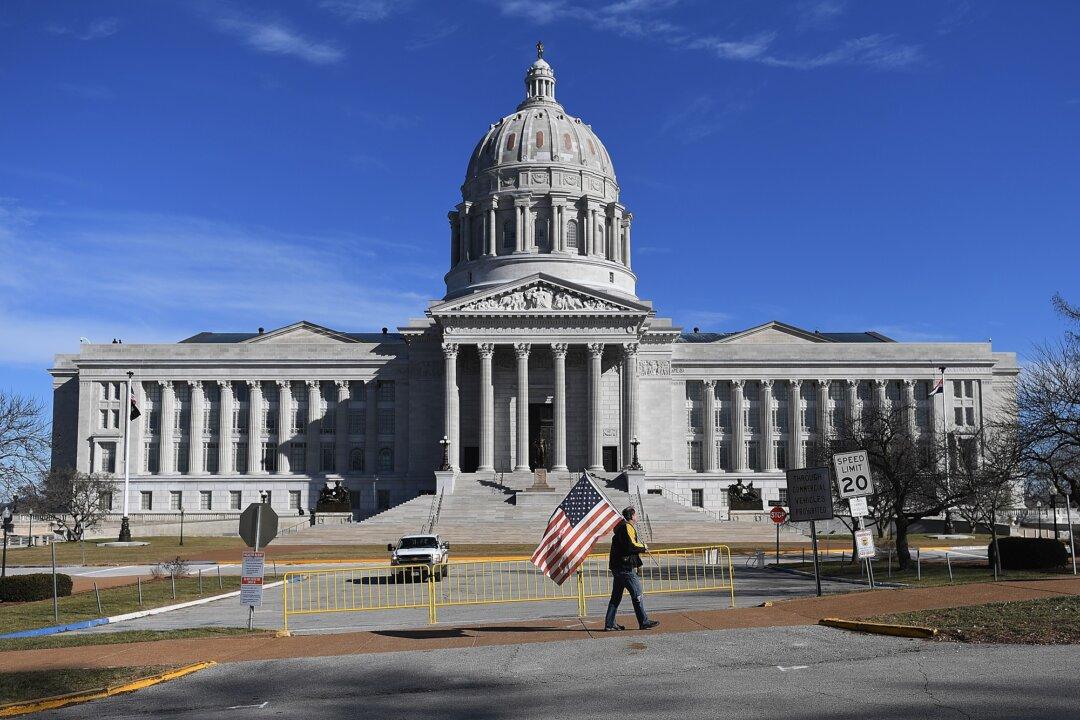Missouri lawmakers didn’t override many of the governor’s vetoes of the state budget, accepting a budget that is $555 million smaller than they passed.
During the annual abbreviated session on Sept. 13 that focused on vetoes, the Republican-led Legislature didn’t try to override a majority of Gov. Mike Parson’s budget cuts.





